Changes mean constant updates and innovations. The history of commercial relations knows many modifications and improvements. Today, we live in a new age of worldwide e-commerce business scaling.
According to the market research, retail e-commerce operations have become more popular due to various beneficial factors:
- easy and flexible approach to order and receive products;
- effective time management for customers;
- higher purchase and delivery indicators for business entities;
- no delays and minimum risks for business restrictions.
E-commerce is a high-level and software-supported business running form that allows us to discover new perspectives for purchase optimization and permanent innovations. However, a pioneer business entity eager to scale their supplies for new markets within the national or international borders should realize the advantages of the e-commerce scaling platforms available from the IT service providers.
The first item on the to-do list should be a clear decision about integrating the ready-made e-commerce optimization products or creating the individual analog. The generation of the specialized platform is an excellent solution.
So, the business only needs to choose which platform is truly reliable. The popular Google search result which presents the highly processed scaling platform is Shopify or Shopify Plus; however, the global information-managing company does not explain the aspects about the Shopify Plus migration for the small or middle business entities specialized in retail e-commerce sales.
Shopify vs Shopify Plus: What To Integrate?
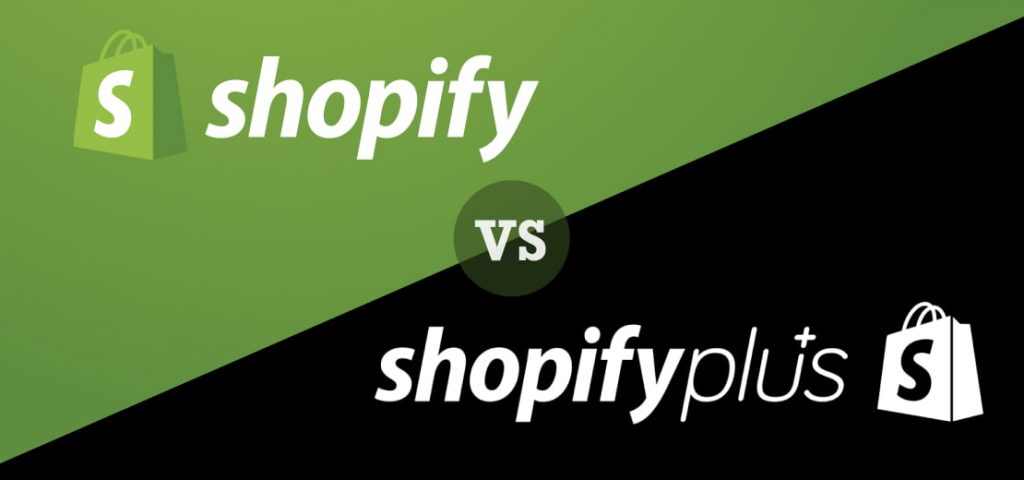
The US statistics highlight the constant growth of online sales due to the pandemic isolation factors. The indicative rate of sales could reach the indicator of approximately 24% of the total retail sales by 2025. E-commerce is our present and probable future, which occupies many commercial relations and transforms them from offline into an online environment.
You might be wondering what Shopify is. The logical solution is to take care of your online store beforehand and find a platform capable of developing a large e-commerce business. Many e-commerce giants frequently recommend Shopify. This flexible and market-centric platform is developed to build the multi-functional e-commerce approach, which combines all the steps for a profitable online retail business operation.
The Canadian IT product aimed at boosting internet sales and optimizing the data processing is a well-developed software that is a core element to launch a website store and make it permanently profitable. The Shopify interface and UX design pattern are simple and do not include complicated items or functions. Its main benefit is a clear offer of various ready-made solutions for starting users who want to have a high-performing Internet store.
The Shopify benefits include:
- Quick setup without difficulties. You do not spend extra time on the website development, and the logical structure allows you to exploit the required options for marketing optimization.
- User-oriented technical component. The particular software bonuses, SSL certificates, and high-speed hosting are available for the client after the Shopify setup.
- Safety and reliability. This criterion is essential for your customers due to the extensive datastore system committed to keeping personal information, including credit card or contact details. Shopify guarantees a safe storage option to minimize cyber-attacks, virus impact, or unstable traffic indicators.
- 24/7 qualitative support. Any client complaint, question, or proposition has quick feedback from the Shopify team. The virtual consultant is ready to address any technical issue asked in chat at any time.
- Many additional options. The e-commerce business operators can use different UX patterns and adapt them according to their tastes and preferences. All themes are free and accessible to any mobile application.
- SEO and marketing instruments. The searching horizons are unlimited when you use Shopify and its branch – Shopify Plus. The business user has constant access to comprehensive analytical outcomes to analyze the target audience.
To find an answer to the question “what should entrepreneurs choose, either a standard version of Shopify or a more professional Shopify Plus platform?” we may refer to the platform’s specifications on the official website. The standard version of Shopify offers several plans:
- Basic Shopify. This product will help the starting online sellers to get acquainted with e-commerce fundamentals. It provides your online store with all the necessary functions. You can easily operate your orders, deliveries, and other actions; however, your reporting solutions will be limited. As such, you are restricted from seeing your business analytical metrics.
- Shopify. The plan “Shopify” is designed for medium-sized enterprises which have some experience in online commercial deals. This software solution is universal because it could satisfy the needs of both e-commerce startups and experienced entrepreneurs.
- Advanced Shopify. Shopify Advanced is less advantageous for large-in-size online enterprises. Its shipping, payment, order, and marketing features will apparently satisfy the needs of small or medium businesses because their functional parameters are not enough to handle several data processing channels. At the same time, the appropriate monthly fee rate will be almost equal to Shopify Plus.
Even though Shopify offers the advanced version of its software platform, for the biggest e-commerce players it may not be enough. Shopify Plus is offered as an alternative for Advanced Shopify, which is designed exclusively for big merchants with additional features that may come useful while planning the business scaling. More precisely, Shopify Plus is a platform designed to make large e-commerce merchants more productive and optimize their critical sales-related processes (data processing, marketing tools, management measures, post-purchase service, etc). Also, you would receive the opportunities to operate several e-commerce entities, including wholesale and retail stores. All available options are open and cost a certain interest of the monthly sales volume.
To understand all the pros and cons of Shopify Plus and clarify any doubt about the need to upgrade Shopify products for your online store, it is highly recommended to read all the information available on the official website and plan features. Nevertheless, if you have some questions, no matter whether you have chosen Shopify Advanced or Shopify Plus, conceptual software related to Shopify produces options guaranteeing the reliable and safe use of Shopify Plus and Shopify Advanced, 24/7 user support could solve any issue that arises.
Shopify Plus Migration Process

As you might have guessed, Shopify Plus is the level-up solution developed by the Shopify team to diversify the qualities of the previous one. To be more detailed, Shopify Plus qualifies the following aspects:
- Valuable online marketing product for large corporations. A brilliant example is Kylie Cosmetics – one of the most famous clients of the Shopify platform. It helps to scale the significant market share and focus on the various target groups.
- E-commerce business individual developments. Shopify Plus tries to meet each client’s requirements. To this end, their team designs and implements the particular online retail solution.
- Different cases – multi-functional options. Shopify Plus is a tool for online merchants that offers software-based and merchandise-optimized solutions, including applications, hosting, and SEO technologies. Migrating to Shopify Plus, you may improve any part of the business running process, in particular, management, payment, data analysis, and some visual information processing outputs.
If you have installed Shopify and integrated its Shopify Plus options, you may quickly migrate your database items into the advanced SQL opportunities. To do this, you need to follow a few sophisticated steps:
- Step 1. Look up the guide instructions and configure all required administrative settings. Also, decide what information has the highest priority and is vital for your Internet retail operations.
- Step 2. Import your store’s data to Shopify. Information about customers, products, orders history, gift cards, discounts, tax payments, etc., could be quickly imported into Shopify Plus or other Shopify solutions via specialized apps like Transporter and command-line tools.
- Step 3. Organize your products after migration. After migrating, always check your product details, including a brief description, images, price, and its availability at the warehouses to avoid compliant-provoked situations and dissatisfied customers.
- Step 4. Make your website look great. The post-migration interface has a default theme that could be replaced with your favorite one. To this end, you can install the specialized option with a broad range of different illustrations.
- Step 5. Set up your domain. In this case, you have two ways: buy the separated domain address for the future Internet store or integrate the existing one into the new Shopify account. Anyway, the connection with email will guarantee additional support for safe domain maintenance.
- Step 6. Set up your shipping. Before you launch your online store with Shopify Plus, you need to adjust all shipping options like rates, strategy, zones, and addresses to minimize the missing information or problems with your customer in the future.
- Step 7. Configure your taxes. Setting the tax rates valid in a particular state or location is an essential thing you should do before starting work with Shopify Plus-supported online stores. To ensure the tax information is processed correctly, take some time to familiarize yourself with the Shopify tax configuration process.
- Step 8. Set up a payment provider. One of Shopify Plus’ benefits is an option to manage the payments and provide complete confidentiality for such actions. In this case, you need to set up a payment provider to make your clients’ payments via credit cards safe and sophisticated.
- Step 9. Place some test orders. Finally, to upgrade to Shopify Plus, you should run simple test orders which help find any bugs or mistakes. The detected mismatches are eliminated to start the regular work.
The correctly performed Shopify Plus migration opens many benefits and opportunities for the merchants; however, you should be ready for some restrictions.
Shopify Plus Benefits And Restrictions
Shopify Plus is an excellent solution for large e-commerce businesses, enabling them to create designed and developed plans for scalable retail sales individually. Its key advantages could be grouped into several directions:
- Individual approach to each client. The large online retail corporations approve these ready-made solutions, which have a separate set of tools and opportunities to scale their business limits;
- 100% customization options. Every merchant who installs Shopify Plus is free to adjust all settings required for your staff and specialized business activities (shipping, product order processing, tax payment history, etc.). Also, the clients could become UX designers and modify some frontend elements to their own tastes.
- Reliable and safe platform. Due to the effective hosting, Shopify Plus allows processing the orders from nearly 8000 customers simultaneously. Also, its apps and options, developed by Shopify, form a safe environment for personal payment transfers and zero-cyber influences.
- Improved wholesale management. Shopify Plus offers different benefits generated by the available and updated apps and tools supported by computers and mobile devices. In particular, the merchants could manage the large batches and deliveries via the well-organized platform.
Even though using Shopify Plus is quite expensive, every merchant should weigh the pros and cons of the advanced solution of the Shopify platform and decide if it makes sense for their e-commerce business.
So, you do not need to upgrade to Shopify Plus if:
- your annual sale turnover is below 800k USD,
- you are specialized in specific supplies (farm products, flowers, candies, toys, jewelry) or services (IT, natural beauty industry, food delivery, etc.) oriented to the specific category of the target groups,
- your e-commerce business is small or medium in size,
- your business is young, and you do not have the high profits which could be invested into expensive scaling online retail software,
- you want to receive a well-produced platform with minimum options, but effective enough to fill all gaps restricting your business development.
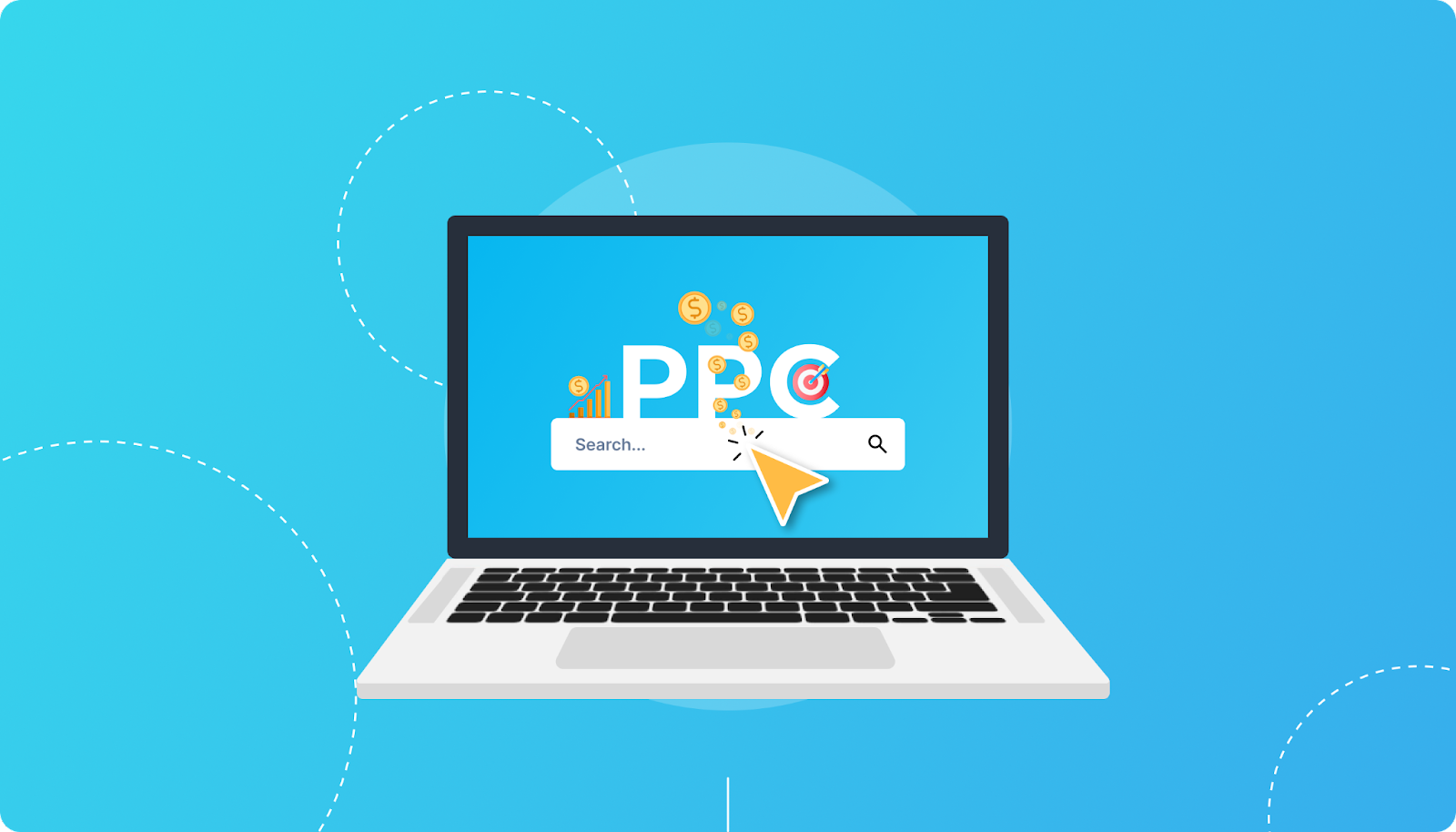
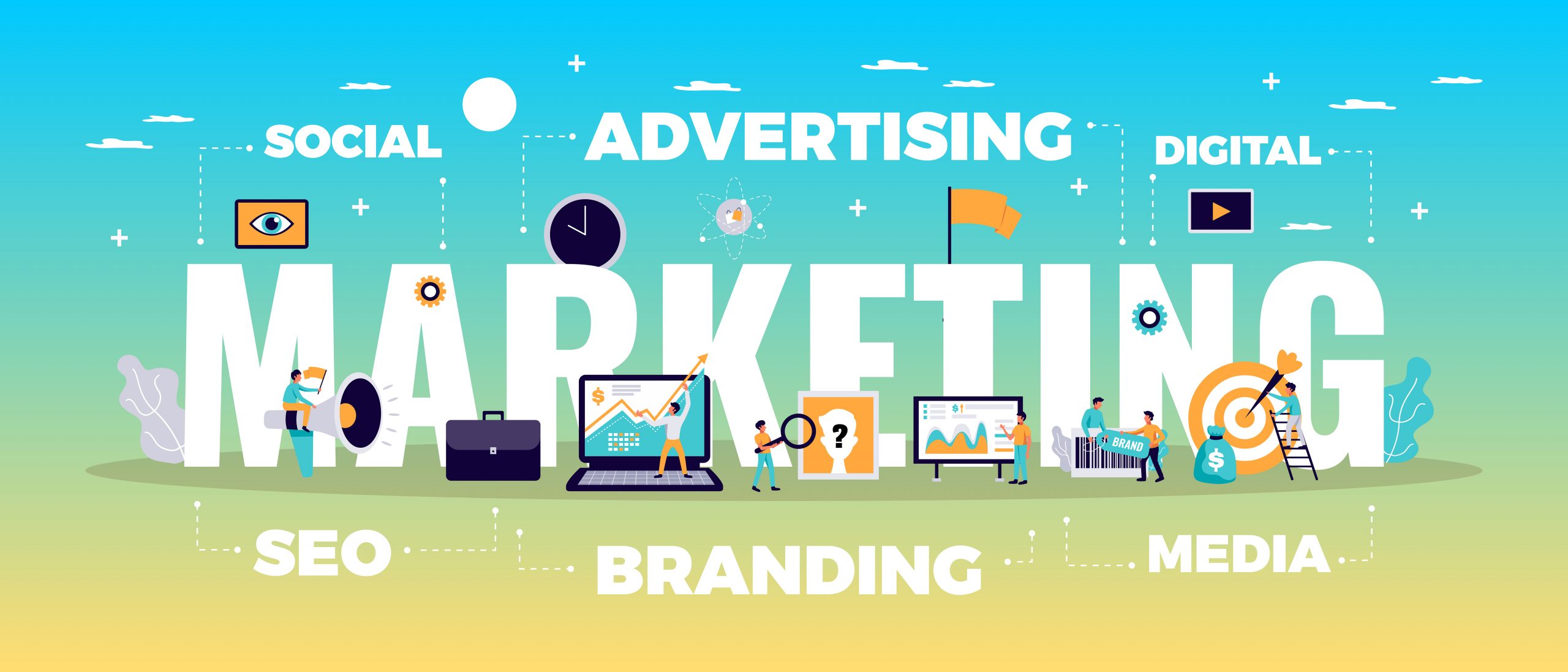


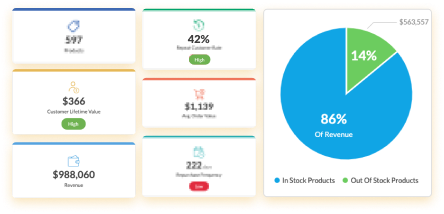

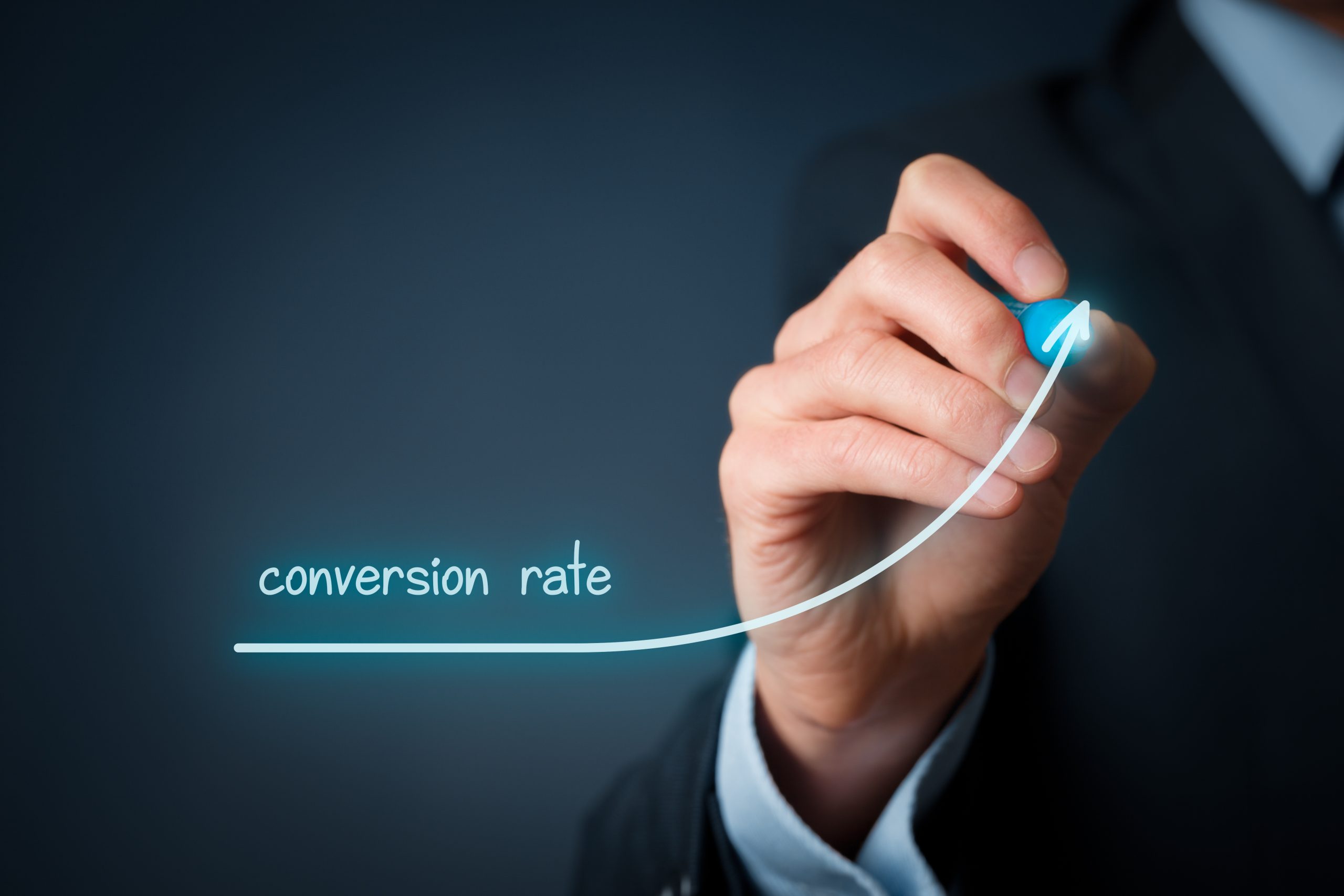





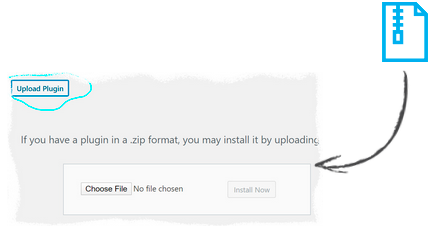
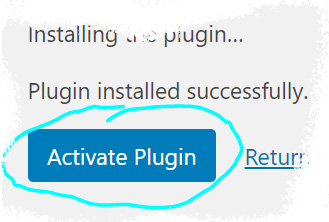
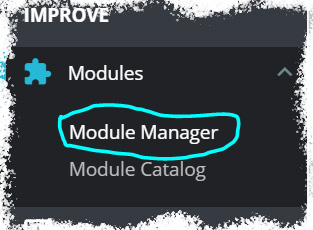
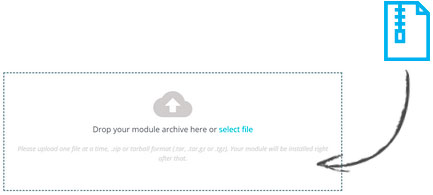
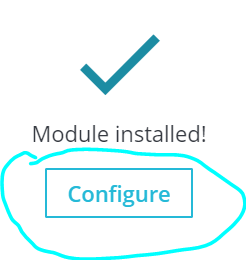



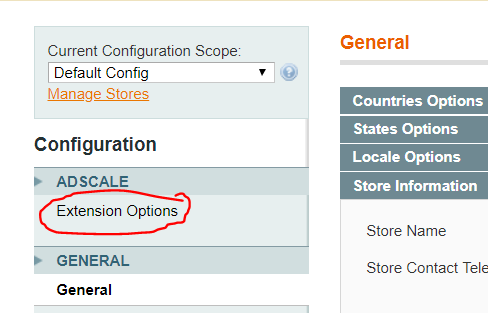
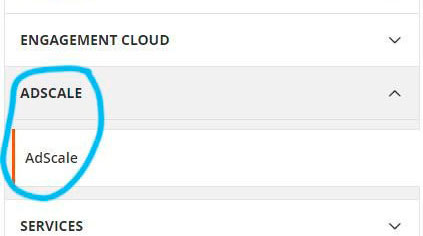
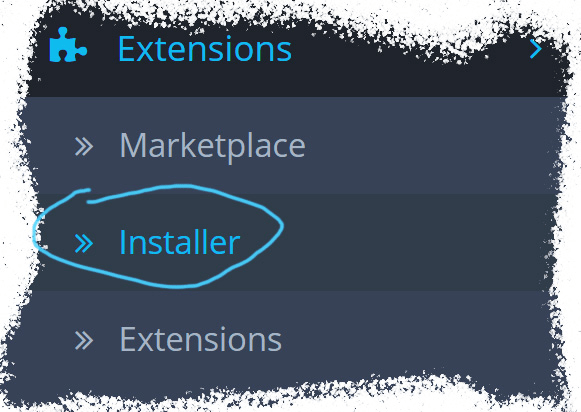
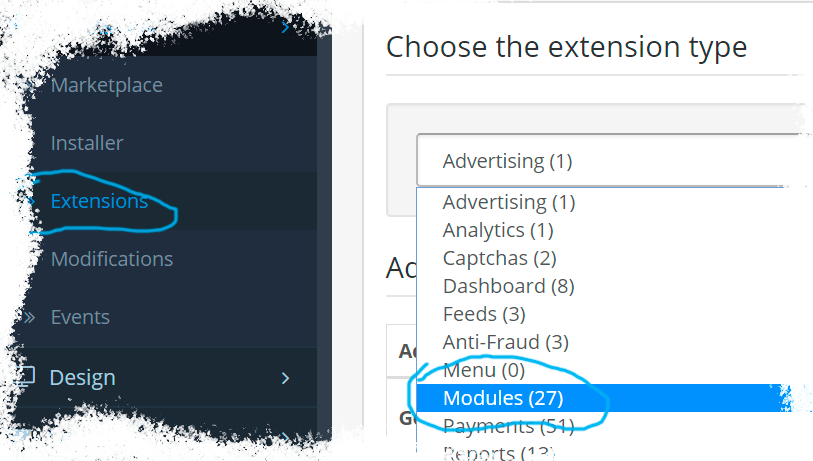
 ,
,